Deputy Prime Minister Chrystia Freeland says that Canadians will face more economic challenges “around the corner” as a result of rising interest rates.
“I’m not going to sugarcoat it and I’m not going to claim that we don’t have some challenging months ahead. We do,” she added.
“Most consumers think the chance of a recession is at least 50%,” read the survey report. “This sentiment is broad-based across different groups.”
‘Headwinds Ahead’
Freeland said yesterday that both businesses and individuals will be impacted by the coming economic downturn, which she described as a “slowdown in economic activity.”“That is going to continue,” she said.
“We need to be collectively aware that that is the challenge around the corner and we just need to be prepared for that,” she added.
Prime Minister Justin Trudeau addressed the issue on Oct.18, saying, “I think Canadians know that there are headwinds ahead.”
The rebate hike was part of the Liberal government’s proposed inflation-relief plan, introduced in September, which includes up to $650 of annual dental coverage for children 12 years old or younger in low-income families that don’t already have coverage.
The Liberals’ inflation relief measures also include a one-time top-up worth $500 to the Canada Housing Benefit for Canadians who spend at least 30 percent of their income on rent.
“The problem with spending more money as a solution to inflation is that it simply pours more gasoline on the inflationary fire,” he said during a Sept. 13 press conference in Ottawa.
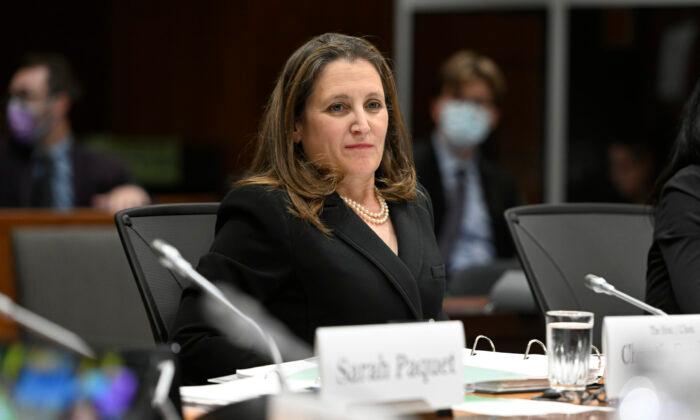

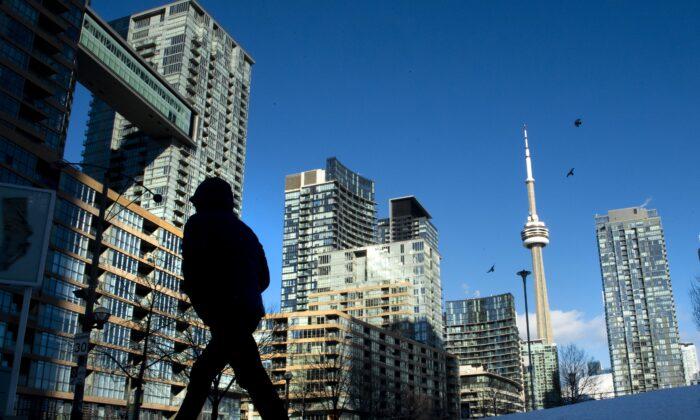
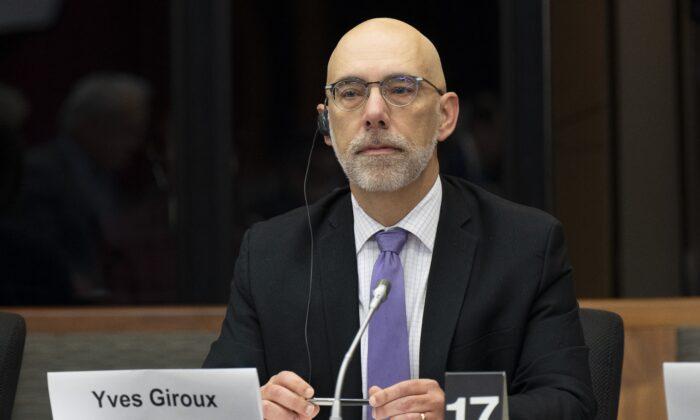
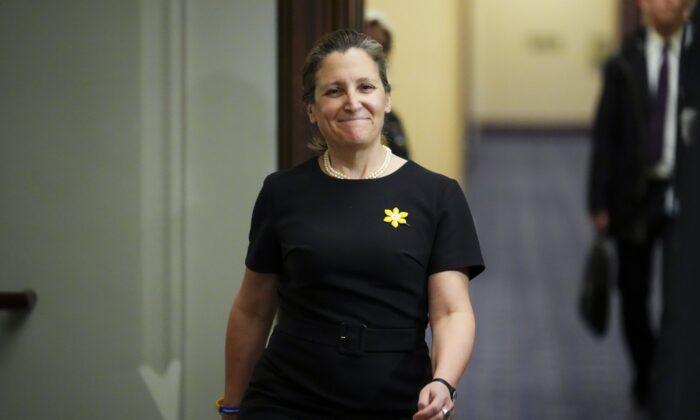
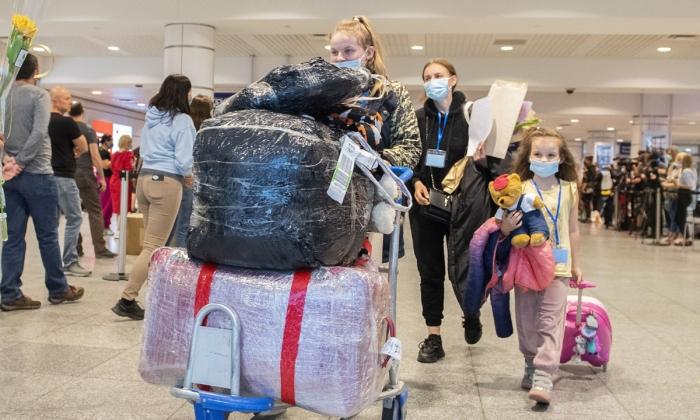
Friends Read Free